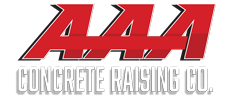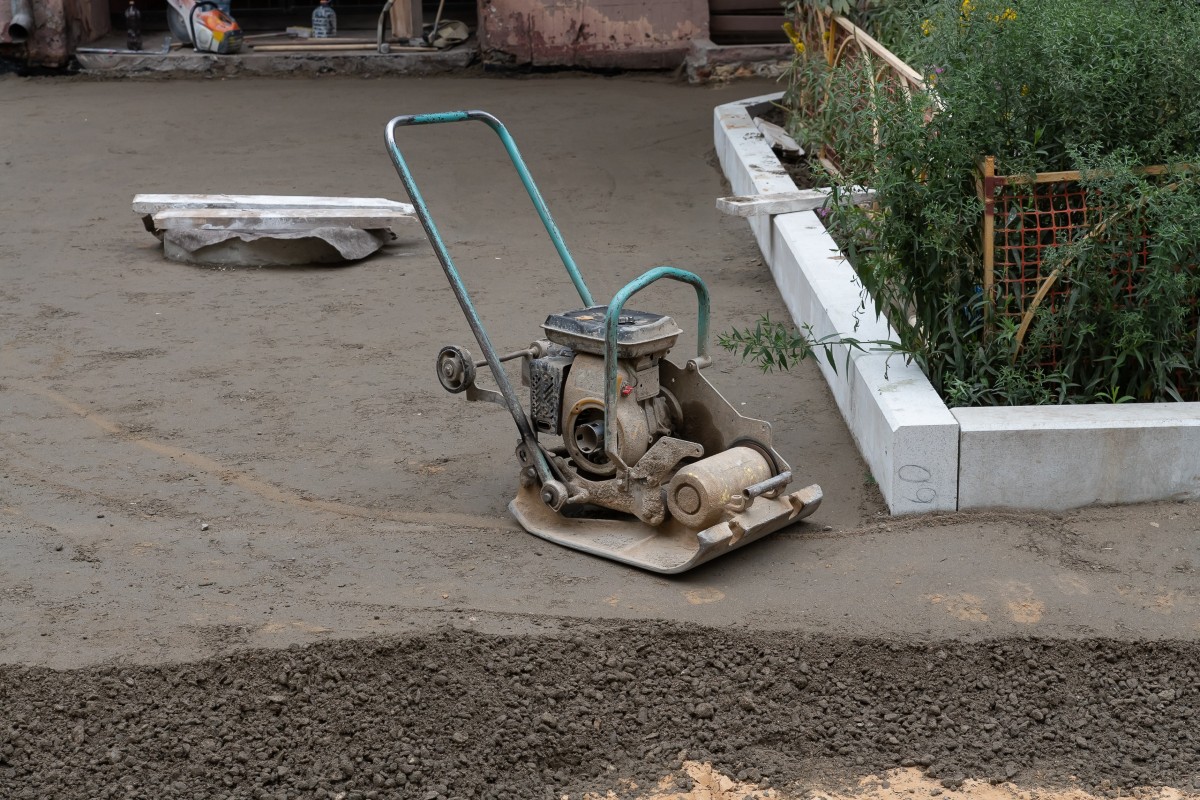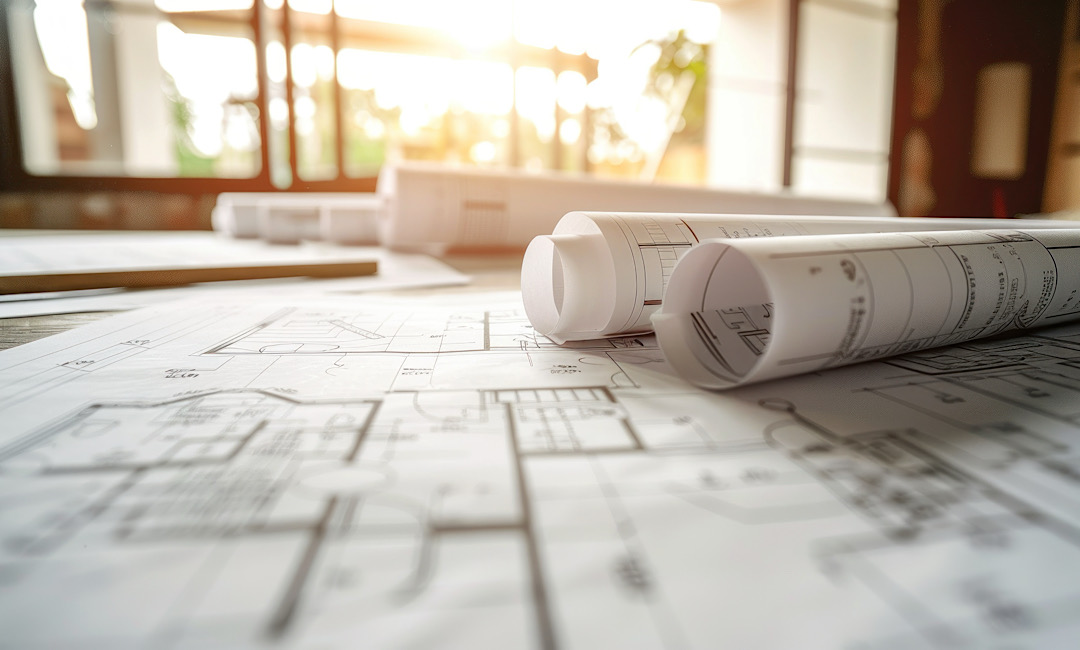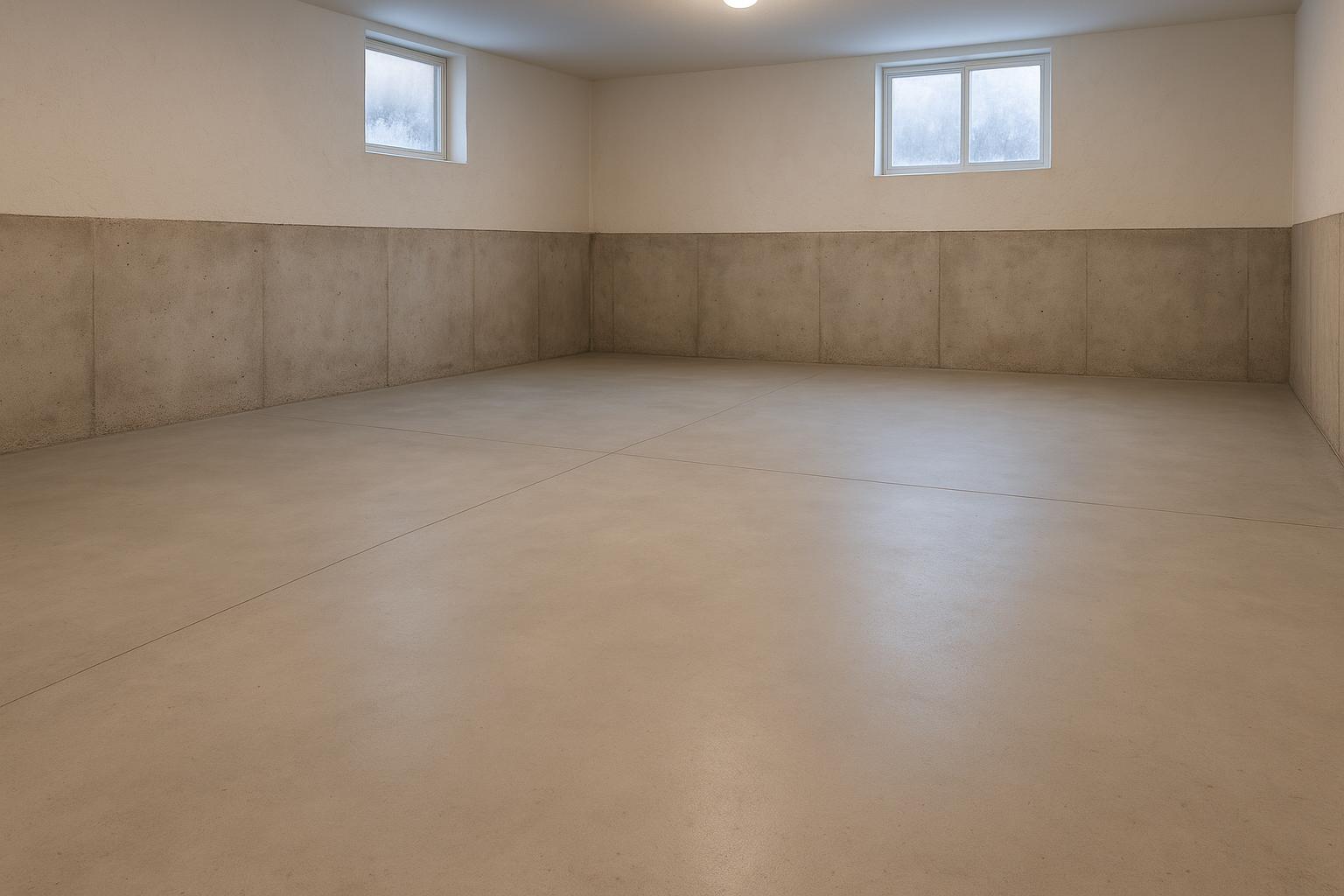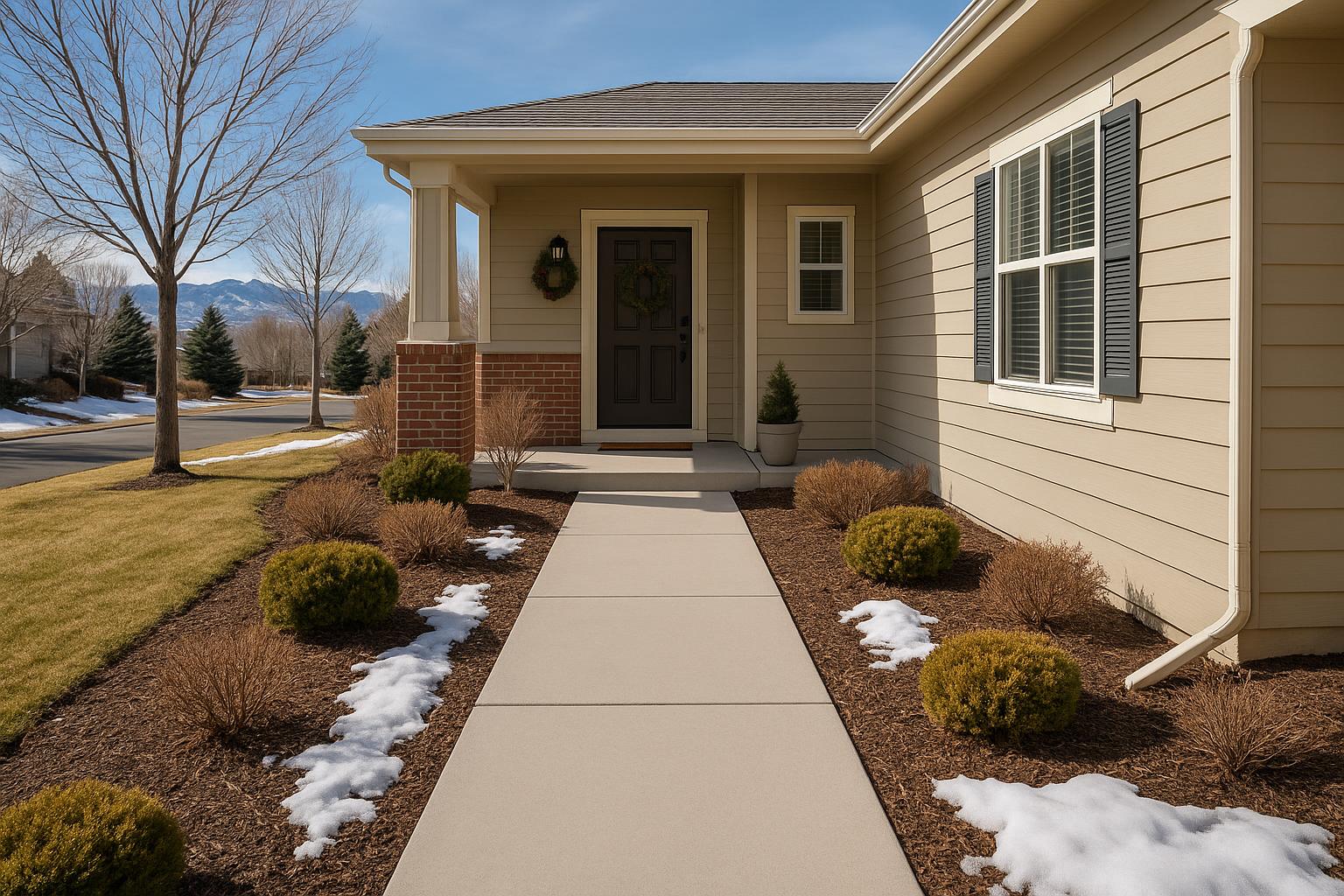Laying concrete is a complex task requiring the use of specialized machinery. Read on to learn how concrete vibrators are used to create stronger, more reliable concrete surfaces.
What Are They?
Vibration can be used to strengthen concrete by eliminating air pockets and packing small aggregate particles tightly. The process involves the use of special machines commonly known as concrete vibrators. These machines come in a variety of different sizes and shapes. Some are relatively small and battery-powered, while others are quite large and function with a primary power source stemming from power cords. Selecting the right concrete vibrator can help contractors settle concrete better for long-term stability and durability.
Types of Vibrators
Different types of concrete vibrators are used depending on the surface and goals. The most common types include:
Immersion Vibrators
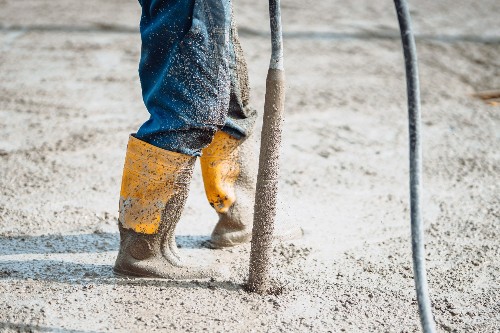 Commonly known as “needle” or “poker” vibrators due to their tubular shape, these vibrators are immersed within wet concrete. Once there, they rotate with eccentric weight, creating vibrations that ripple outward from the casing and all throughout the wet concrete.
Commonly known as “needle” or “poker” vibrators due to their tubular shape, these vibrators are immersed within wet concrete. Once there, they rotate with eccentric weight, creating vibrations that ripple outward from the casing and all throughout the wet concrete.
The radius of the vibration will depend on the casing’s diameter, the tool itself, and the setting of its amplitude and frequency. These days, immersion vibrations come in varying action radiuses and are either powered by electricity, fuel or compressed air style motors.
Surface Vibrators
Used to compact industrial floors, roads and concrete slabs, surface vibrators apply an external downward force, making it easier to work on more expansive areas of horizontal concrete pours. That said, they only reach a limited depth. What’s more, compaction isn’t always consistent across the beam width. Thus, immersion vibrators are typically used in concert with surface vibrators, especially when working on slabs of more than 200 millimeters. Using both types of vibrators helps ensure that the aggregate particles are compacted.
Depending on the size and desired use of the concrete surface, you can find a wide array of surface vibrators, which include everything from vibrating roller screeds to double or single vibrating beam screeds to pan-style vibrators, which are primarily used on specialized road paving equipment.
Form Vibrators
Also called external vibrators, these machines are clamped to specially made formwork on concrete structures that have high-density reinforcement. Form vibrators are commonly used in precast yards and are best used for concrete beams, floors and one-sided blind walls.
Should You DIY?
Using vibration to help poured concrete settle has proven to aid long-term durability. That said, proper concrete vibration requires experience and know-how. If you use the wrong tools or technique, you could end up with an unattractive, unreliable surface that will fail over time. For this reason, it’s generally best to leave concrete pouring to the experts.
When Vibration Fails
Concrete vibration is important because it removes air pockets and promotes greater density. When it isn’t done at all, or is performed improperly, surface failure can occur over time. You may notice cracking or sinking in certain areas, especially if there are also support issues in the underlying soil
Fortunately, you can restore sinking or cracked concrete using mudjacking techniques, perfected by AAA Concrete Raising.
The process is relatively simple: After creating a small hole in the concrete, AAA’s contractors pump a slurry filler into the ground below the surface to fill in gaps. This elevates the concrete until it sits flush.
Mudjacking is efficient, fast and affordable. It also offers several other benefits that make it popular among homeowners who want to repair cracked or sagging concrete surfaces without having to pay the high cost associated with full replacement. In addition to being non-invasive, the process doesn’t require any real digging or large, awkward, noisy machinery. Once the concrete is repaired, the contractors patch the hole and complete the entire task without disturbing your household, property or surrounding neighbors. Mudjacking also costs up to 60% less than total concrete replacement, making it very attractive to cost-conscious homeowners who want a very quick, efficient way to repair their damaged concrete.
AAA Concrete Raising has served Colorado homeowners and businesses for more than two full decades. Our innovative concrete raising company uses modern equipment that eliminates the need for any sort of noisy, awkward machinery. This ensures a speedy, neat, efficient job that won’t disrupt the neighborhood. Contact our team for all your concrete restoration needs.
